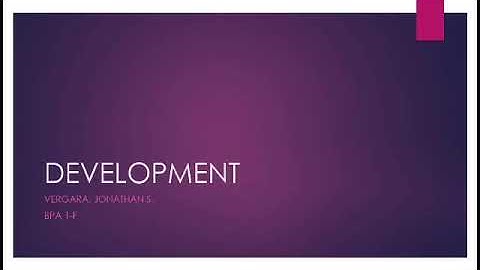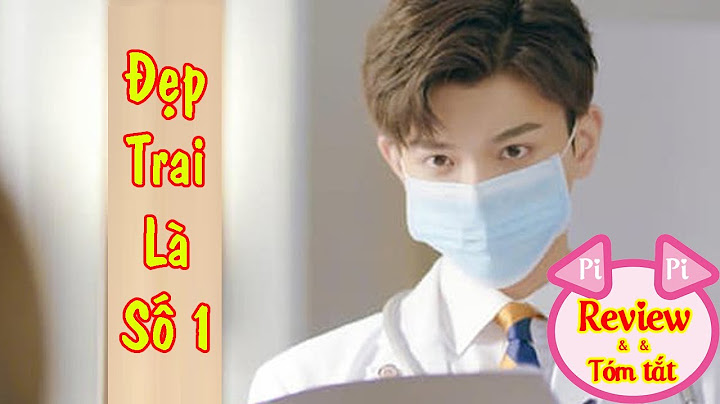In an era where every studio wants properties that can justify spin-offs and character-specific solo entries, there is a certain irony in Fox’s X-Men becoming slowly-but-surely outclassed by the solo spin-off movies. While the Wolverine flicks offer their genre-specific action junkie pleasures and the Deadpool flicks are gentle spoofs of and genuine examples of superhero comedy, the actual ensemble X-Men franchise has been running in circles since that first Bryan Singer trendsetter 19 years ago. That’s not to say the other films were bad. Heck, X2: X-Men United and X-Men: First Class are arguably the best of the bunch, but 19 years later we’re still stuck with Charles Xavier and Erik Lehnsherr bonded in friendship but divided by ideology, as the genre it helped create moved on. As such, Simon Kinberg’s Dark Phoenix is something of a metaphor for an IP still clinging to the past and unable to let go both from what made it unique at the time and what couldn’t quite pull off at the time. It is handsomely staged, relatively well-acted and occasionally thoughtful, but it still feels stuck in the same neutral gear telling the same story over and over again without really trying to evolve. And here we are, in 2019, with the X-Men saga about to get rebooted and inserted into Walt Disney’s Marvel Cinematic Universe, and the swan song is… a grounded and explicitly non-fantastical retelling of a plot that was adapted in a prior X-Men movie. If that doesn’t sum everything up, then nothing does. Produced by 20th Century Fox and now distributed by Disney, Dark Phoenix is another telling of the “Phoenix Saga.” The first onscreen version couldn’t quite get cosmic and had to share screen time with an “A” storyline about a cure for mutants. This version is undone by centering on a version of Jean Grey (Sophie Turner) who was barely a character in her onscreen introduction (X-Men: Apocalypse) and a bizarre insistence of making this story play even smaller and closer to the ground than Brett Ratner’s X-Men: The Last Stand. A more modest and character-based approach can work when audiences have an investment in the specific version of these characters. But these particular X-Men, especially the kids, were glorified day players last time out. After a promising and refreshingly cosmic “Okay, X-Men, let’s suit up and go on a random mission!” opening that we somehow barely got over the last 19 years of X-Men films, the picture comes down to Earth in both senses of the term. Yes, the team goes into space to rescue stranded astronauts and yes Jean gets whacked by cosmic energy that sends her own mental powers into a tailspin. And, yes, Jean’s increased capabilities create increased feelings of rage and despair, while in turn revealing some questionable decisions that Charles made back when she was a young (and very powerful) child. And, yes (again), things come to a boil at around the 50-minute mark during a heated confrontation in and out of Jean’s childhood home. If this all sounds familiar to fans of X-Men: The Last Stand, that’s because much of the first half of Dark Phoenix plays out as a remake of that 2006 X-Men sequel, but without the whole “cure for mutants” subplot. The source material is the source material, but it plays like one of those remakes that swears that it’s really a closer adaptation of the book this time but indeed just remakes the previous adaptation. If you can cope with the déjà vu (or if you never saw The Last Stand), the first hour works. The opening adventure sequence pays off with a heated chit-chat between Charles (McAvoy) and Raven (Jennifer Lawrence) over how much they should be willing to risk just for mere tolerance. We get acknowledgments that Charles may not be the saint everyone presumes him to be, although that was more jolting with Stewart’s Professor X than with McAvoy’s openly manipulative and patriarchal version. And we get a pleasant conversation between Beast (Nicholas Hoult) and Raven about whether or not this needs to be their life. What we don’t get is any reason to care about what is quickly happening to Jean Grey. Turner is fine, as is Tye Sheridan as an underutilized Cyclops. What? Cyclops underused? It must be an X-Men!! James Marsden got killed off 1/3 into The Last Stand, and he may have more to do than Sheridan does this time. For a flick called Dark Phoenix, she is the main character you’ll care least about. When Jean does eventually lose control in a bad way, writer/director Simon Kinberg (and thus you) are far more engrossed with the reactions from the established characters and the fallout within the team. Save for one second-act exchange between Jean and Magneto (Michael Fassbender, chilling with fellow mutants on a commune that’s presumably Genosha) where the retired/reformed baddie and the breaking bad student discuss the practicality of giving in to violent anger, Jean doesn’t get to do or say anything of note. She’s less a character and more a MacGuffin and a springboard for a Captain America: Civil War-style fracturing of the team. It would be like if Captain America: Civil War were called The Skovia Accords or Bucky without any additional screen time for Sebastian Shaw. It doesn’t help that (spoiler if you haven’t seen the second trailer) a major female character gets fridged so that the dudes can be sad and mad about it while squabbling over what must be done. Nor does it help that Jessica Chastain is wasted as a vaguely-defined supernatural/alien villain whose sole purpose is to give the X-Men someone to unite against. There’s actually little action until the third act, which would be okay if the drama were more compelling. A mutant skirmish on a dark New York City street is engaging enough, while the (heavily reshot) third act skirmish provides some razzle-dazzle. The scenes are shot too tightly and edited too quickly, but at least it gives us stuff we haven’t seen in this cinematic universe. That the third act was reshot due to similarities to another recent superhero release (presumably Captain Marvel) is itself a metaphor for this franchise’s inability to evolve alongside its peers. The film has little to say and little deeper meaning in terms of subtext or politics. That said, to its credit, it never defines Jean’s increased powers as automatically evil, and a lovely prologue actually disputes that notion right out of the gate. I will not say how Dark Phoenix ends, only to note that it does end on as good a place as any in terms of an “end of the line” status quo. Of course, you can say the same for X-Men: The Last Stand, X-Men: Days of Future Past and Logan. That this installment mostly takes place in 1992 is ironic considering that’s when the Fox animated show (which was a gateway drug for many a future comic or X-Men nerd) premiered. Just the first season of that show offered many plots, characters, locations and villains that the movies never got around to because they were too busy playing the “Magneto has a point, but Charles is in the right” card again and again. Even this sequel becomes more about Charles, Raven, Beast and Magneto at the expense of Jean, Cyclops, Storm (Alexandra Shipp), Quicksilver (Evan Peters) and Nightcrawler (Kodi Smit-McPhee). Dark Phoenix isn’t a miserable motion picture, but it’s an underwhelming and fitting finale for a once-groundbreaking series. It refused to evolve, so now it dies. |




















